Self-care has morphed into a catchphrase, a ritual, and a product in recent years. The positive side is that people are increasingly taking charge of their own well-being in diverse ways.
Self-care requires effort, and it places the responsibility on the individual to make sure their health and wellness are prioritized.
Unfortunately, it’s frequently oversimplified.
Self-care can be boiled down to a feel-good practice that may be part of the solution, but as a standalone act it can’t sustain people long-term. In some cases, self-care can even become an added weight.
Moreover, those who need it most often lack the support systems required for genuine self-care.
Many are occupied with caring for others. People living in poverty may not have the means to engage in self-care routines. Those juggling multiple jobs rarely have spare time for anything “extra.” And Black communities face ongoing demands of labor, news, trauma, and activism.
A move toward community care is essential.

It’s the only reliable way to make sure the needs of the most marginalized are addressed, and it helps reallocate resources to those who need them most.
Neoliberal thinking trains us to act as isolated individuals, focused solely on our own success and wellness. It persuades us that we are, or should be, entirely self-sufficient.
Within this “pull yourself up by the bootstraps” mindset, there’s an assumption that individuals already possess the time, money, and support needed for self-care.
We need community, too
Community care acknowledges that not everyone has equal access to time and money, the primary resources needed for care.
It reminds us that humans are interdependent.
The third tier of Maslow’s Hierarchy of Needs is “a sense of belonging and love.” We have a psychological requirement for close relationships and, for many, we rely on these bonds to meet our basic needs.
If you can practice self-care, that’s wonderful. Just remember the people around you. Regardless of privilege, we all need human connection. We need to both give and receive love.
Below are six approaches to reorient your thinking toward community care, taking into account the needs of family, friends, colleagues, neighbors, group members, and others you regularly encounter.
Check in regularly
In many cultures it’s customary to start conversations and even transactions with “How are you?” — a quick, automatic question often asked without awaiting a real answer.
Rather than asking in passing, explicitly let people know you’re checking in.
For example: “Hi, I wanted to check in with you. How are you feeling?”
If you know someone is especially overwhelmed or struggling, be more specific.
You might say: “Hey, I know you’re working from home while caring for your grandmother. How are you holding up?”
You can also ask if they’ve found any time for activities beyond work. If you can’t provide tangible help, offer moral support. If you can assist, make a concrete offer.
Empathize
Sometimes we go through similar situations. While socioeconomic status and identity shape how we navigate those situations, there are common threads in every challenge.
Dealing with the same difficult colleague, lacking childcare support, or being confined by illness are all frustrating experiences you might not be able to fix — but you can discuss them.
Empathy isn’t the same as dwelling on a problem, nor is it feeling sorry for someone.
Empathy is recognizing and sharing another person’s feelings. It validates their thoughts and emotions and signals that they are seen.
Being part of a community means acknowledging hardships as much as celebrating wins. That makes it acceptable to experience the full range of being human.
Make a specific offer
We can often sense when someone is struggling. When possible, most people want to help.
One limitation of self-care is that it’s hard to identify what you need when you’re overwhelmed.
When someone says, “Let me know how I can help,” it’s a kind sentiment. Still, it often stops there because the person in need is left to diagnose and devise solutions alone.
Community care involves recognizing what others might require, offering to meet that need, and following through when the person accepts.
Rather than vaguely offering help, anticipate needs and propose something concrete.
Ask if you can drop off a meal, pick up groceries, fix a leaky faucet, draft a difficult email, or put together a mood-boosting playlist.
If you’re checking in consistently or spending time empathizing, you’ll often know what to offer.
Prioritize rest
We tend to celebrate busyness and accomplishments, but that often causes imbalance.
We need to balance work with the rest of life and avoid using work as a distraction from our challenges.
Some stressed people double down on productivity, seeking self-worth through never-ending task lists.
Communities can help make well-being a priority.
Productivity — at work, in volunteer roles, or at home — is frequently valued above health. We unintentionally convey that productivity competes with rest.
People need permission to step back. That permission often comes from their community.
If you know someone is working 60-hour weeks and still volunteering an extra 10 hours, remind them that rest is not only allowed but essential.
Value their dedication, but prioritize their health. You may help prevent burnout.
Employers can encourage staff to take personal time off, provide mental health days, and implement organization-wide breaks.
Take inspiration from the Astraea Lesbian Foundation for Justice, which initiated a 15-day organization-wide pause in response to COVID-19. Likewise, the Equality Fund took two months of rest.
Socialize, for real
With so much happening globally, we forget to simply relax and enjoy one another’s company. This is different from checking in, empathizing, or performing supportive acts.
It’s crucial to spend time together without focusing on what’s going wrong.
Watch films, try the new neighborhood restaurant, choreograph a dance to a current hit, play a lively game of Taboo, or take a class together. Many of these can be done virtually as well.
Do something that keeps you from watching or discussing the news. A self-massage might be what you need to counteract touch deprivation.
Use this time to be together as a community bonded not only by shared struggles but by common humanity. Connection alone is reason enough.
Intervene
Step in when you witness harassment or discrimination. If you have privilege, use it to defend those who don’t.
If you see a white person trying to touch a Black person’s hair, stop them. Clearly point out the racist behavior, ask for an apology, and encourage better conduct. Then check in with the person who was targeted to see how they’re feeling and whether they need more support.
After a microaggression, some people may want help escalating the matter, such as filing a report with human resources if it happened at work.
Your intervention places you between the harmed person and the offender, which can immediately defuse tension.
The pressure is removed from the person who would otherwise have to decide how to respond in the moment, and the perpetrator’s focus shifts to you.
Reducing the load others carry and speaking up so they don’t have to is a vital part of community care.
We’re responsible for each other
Even as we grow more attentive to the needs of people in our communities and strive to respond, self-care remains necessary.
We’ll still need to clean, feed, and clothe ourselves, schedule dental visits, organize pantries, see therapists, stay hydrated, and try to move our bodies more.
Doing these tasks together and for one another fosters belonging and builds the intimacy that fulfills a basic human need.
It reminds us that we weren’t meant to travel these paths alone, but to learn from and care for one another as we figure out better ways of living together.
Challenges will continue, but our communities hold the resources to carry us all through.

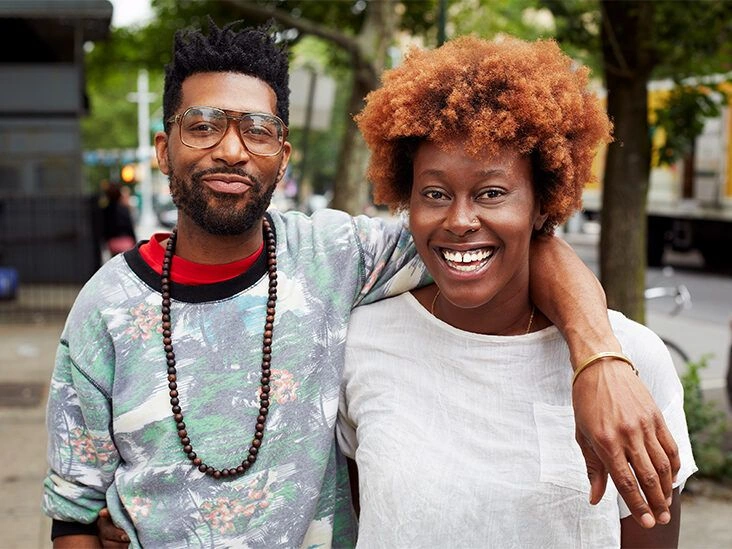

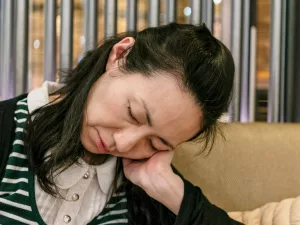

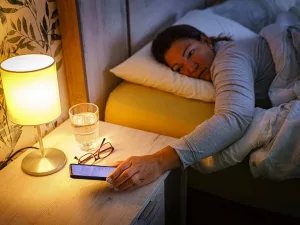









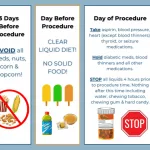


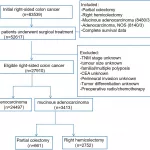






Leave a Reply
You must be logged in to post a comment.